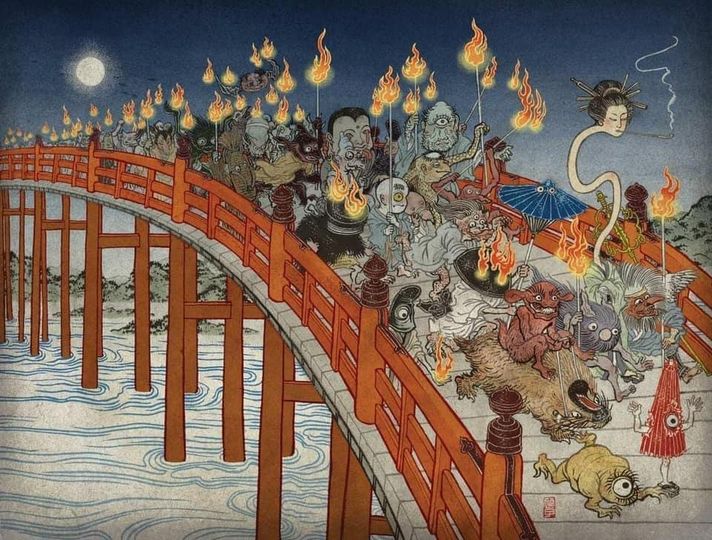In order to prevent speeding one does not simply put up signs that say “Please Do Not Drive Too Fast”. Instead, one posts signs that clearly state how fast is too fast. These are called “speed limit” signs. This might sound obvious when we are talking about speeding, but if we talk about antisemitism?
To be against antisemitism requires more than simply agreeing that antisemitism is bad. We must define what antisemitism actually is.
The “Working Definition of Antisemitism” adopted by the International Holocaust Remembrance Alliance in 2015 includes actual concrete examples of things that are antisemitic. These include:
- Denying the Jewish people their right to self-determination, e.g., by claiming that the existence of a State of Israel is a racist endeavor.
- Applying double standards by requiring of Israel a behavior not expected or demanded of any other democratic nation.
- Drawing comparisons of contemporary Israeli policy to that of the Nazis.
One criticism that is sometimes made of the IHRA Working Definition is that it is too broad. Well here are some specific examples of how it should, in my opinion, be applied:
- Obvoiusly the claim that “Zionism is racism” falls foul of this definition of antisemitism.
- The claim that Israel is a “colonial settler state” completely deligitimizes the very existence of the state of Israel, and, therefore, it is antisemitic.
- The claim that Israel is an “apartheid state” is essentially an attempt to equate Zionism with racism, and so that claim, too, is antisemitic.
- Any claim that the actions of the state of Israel are comparable to the actions of Nazi Germany is antisemitic by this defintion.
- The claim that Israel’s military response to October 7th constitutes “genocide” is a clear example of a “double standard”, and so it, too, is antisemitic.
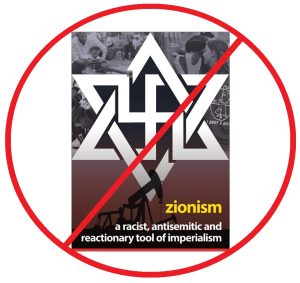
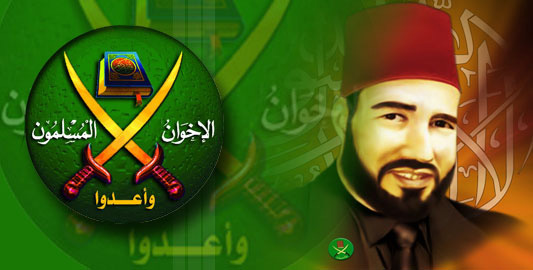
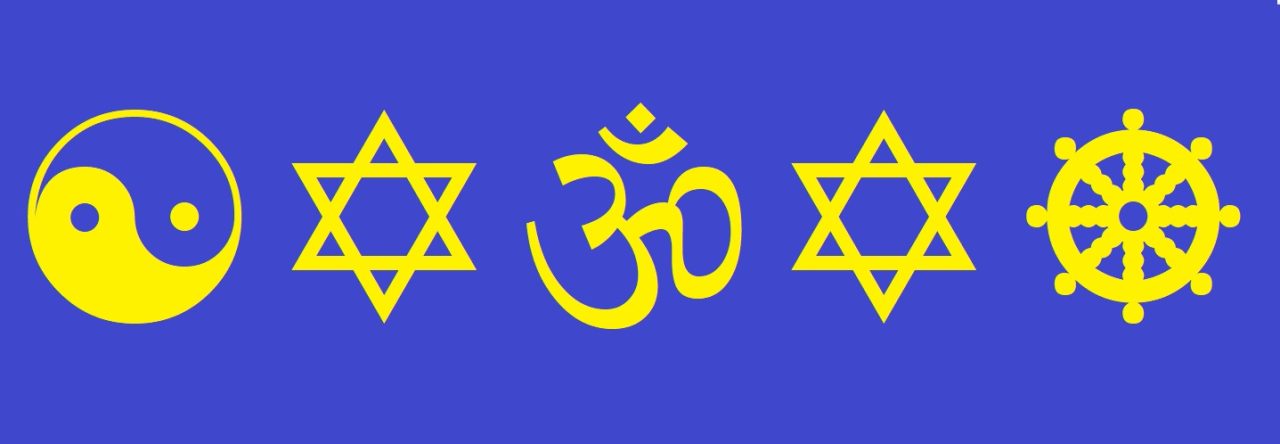

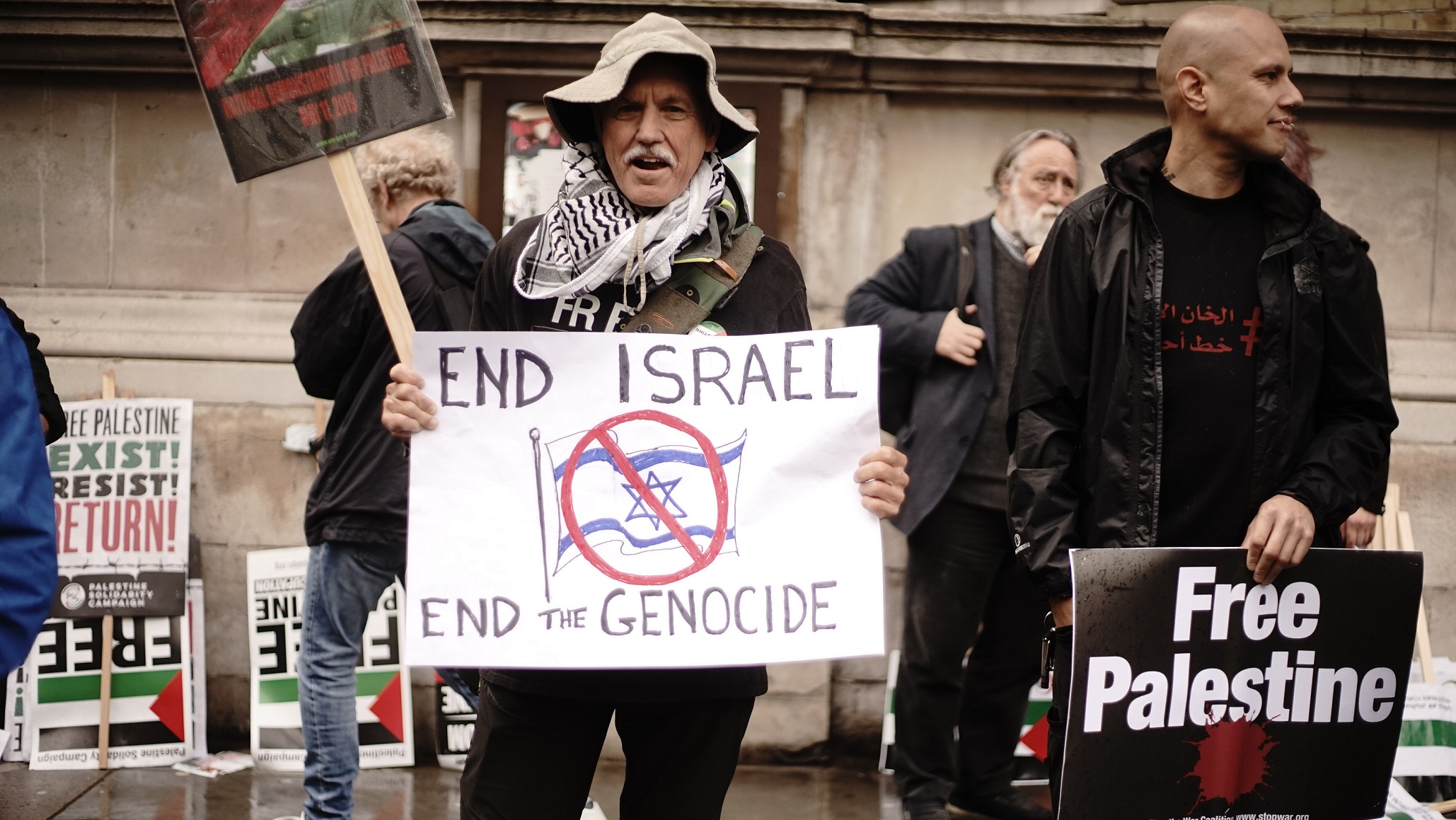
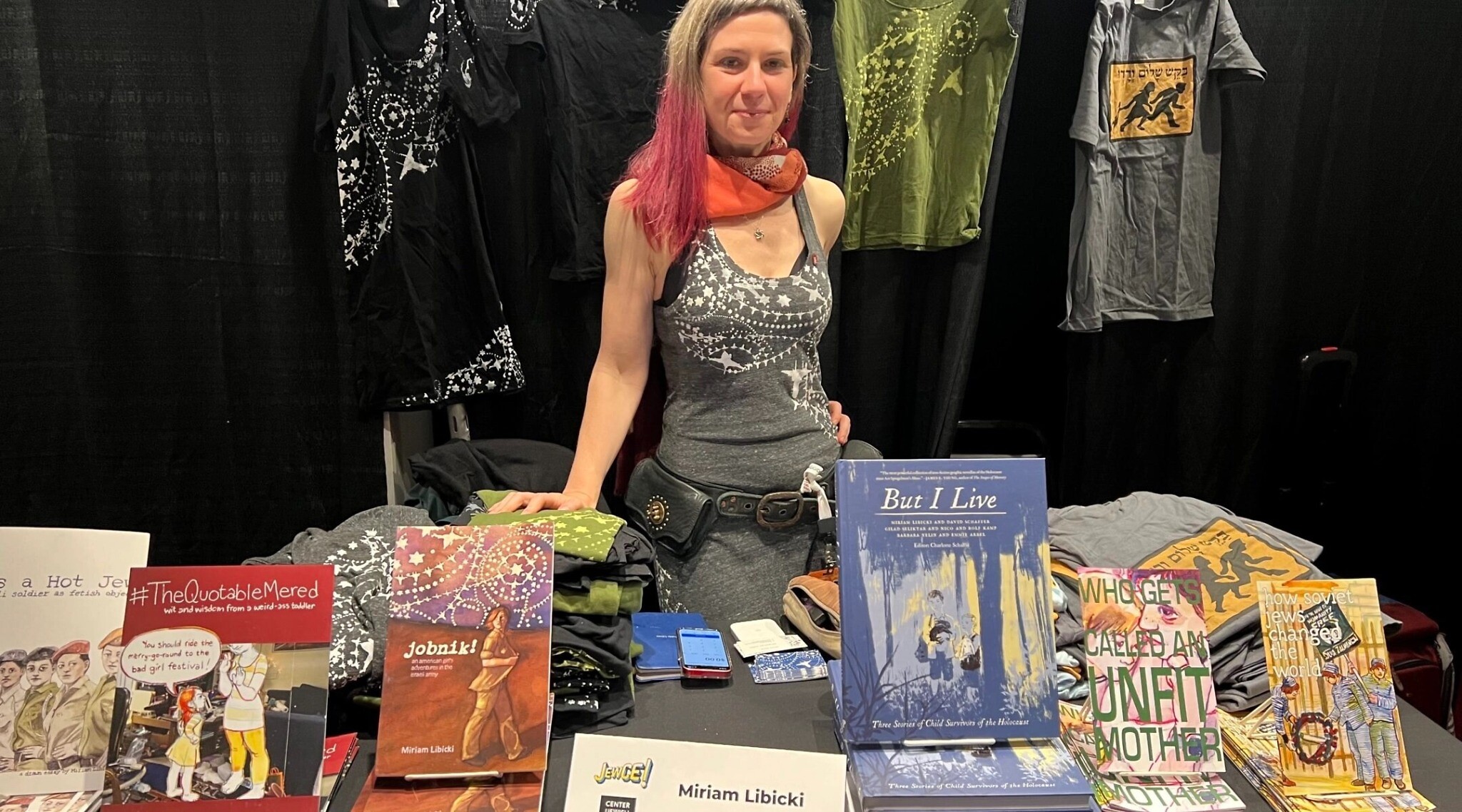
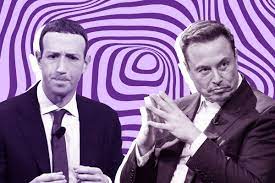 There is now a private Facebook group: “
There is now a private Facebook group: “